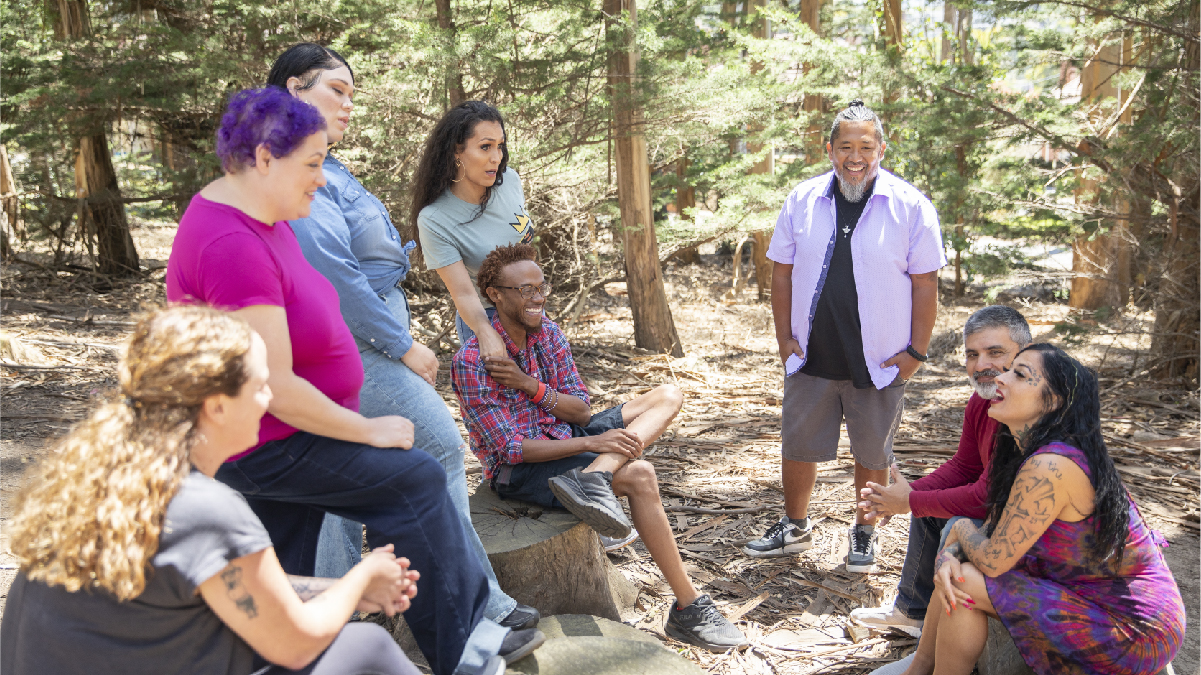Key points
- HIV stigma is negative attitudes and beliefs about people with HIV.
- Stigma can lead to discrimination, treating people with HIV differently than those without HIV.
- HIV stigma can affect people’s health and wellbeing, and discourage people from engaging in HIV testing, prevention, and care.

HIV stigma
HIV stigma is negative attitudes and beliefs about people with HIV. It can lead to discrimination and affect the health and wellbeing of people with HIV. HIV stigma can also discourage people from getting tested, sharing their status, and accessing HIV services.
Examples of HIV stigma include:
- Believing only certain groups of people get HIV
- Judging people who take steps to prevent getting HIV
- Feeling people deserve to get HIV because of their choices
HIV discrimination
While stigma refers to an attitude or belief, discrimination is the behaviors that result from those attitudes or beliefs. HIV discrimination is treating people with HIV differently than those without HIV.
Examples of HIV discrimination include:
- Refusing to provide health care services to a person with HIV
- Refusing casual contact with someone with HIV
- Isolating a member of a community because they have HIV
- Asking if someone is "clean" or calling them "dirty" if they have HIV
- Assuming someone has HIV because of their identity or behaviors
Challenges
People with HIV often internalize the stigma they experience and can develop a negative self-image. They may fear discrimination or judgment if others learn they have HIV.
Internalized stigma happens when a person takes in the negative stereotypes about people with HIV and apply them to themselves. This can lead to feelings of shame, fear of disclosure, isolation, and despair. These feelings can keep people from getting tested and accessing HIV prevention or treatment.
What you can do to help
Talk about HIV with your friends and family
Talking openly about HIV can help normalize the subject. It also provides opportunities to correct misconceptions and help others learn more about HIV. But be mindful of how you talk about HIV and people with HIV. The Let's Stop HIV Together stigma language guide can help.
Talk about HIV prevention and safer sex practices
Even if you don't have HIV or know someone who does, you can educate yourself and others about HIV prevention. Talk to your partner(s) and friends about the HIV prevention and safer sex practices you use.
Take action and help end HIV stigma
We can all help end HIV stigma through our words and actions in our everyday lives. Lead others with your supportive behaviors. Check out the Let's Stop HIV Together stigma scenarios for tips on what you can do when you witness stigma.
You can also make a pledge to stop HIV stigma by downloading a pledge card to share on social media.
